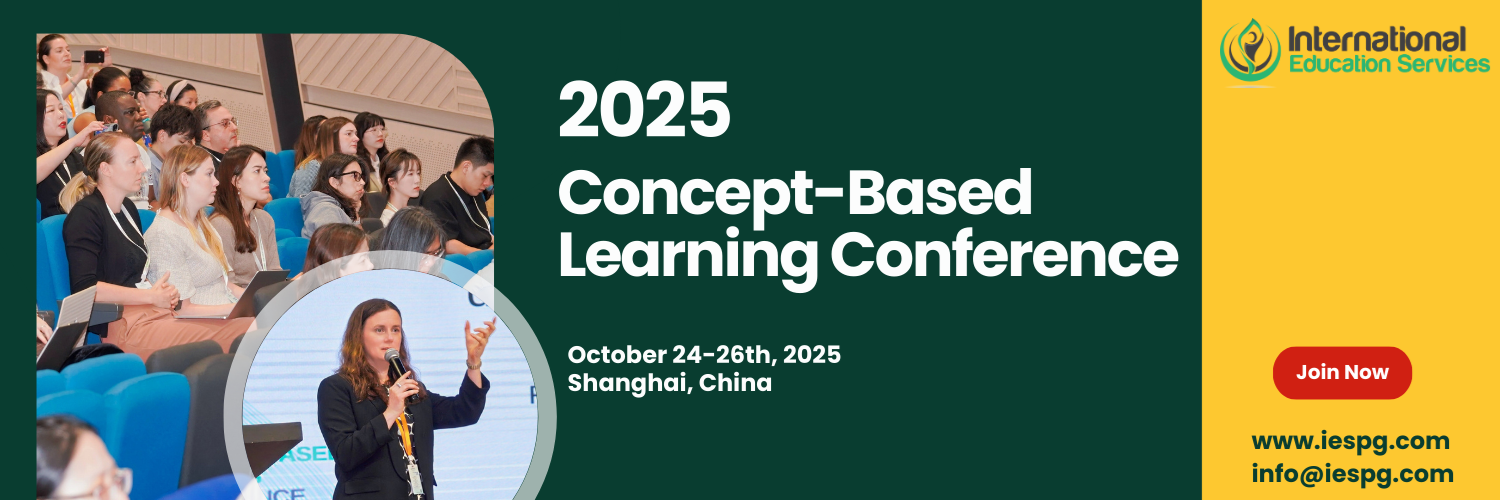

We need to develop our students’ fundamental literacy skills and we also want to teach them to think critically. The current research around best practice in the teaching of reading and spelling points to the need for explicit teaching of both phonics and morphology, across all grades. And when we teach students about morphology it enables us to highlight the connections which exist between words which directly strengthens their vocabulary.
Can we teach explicitly in an environment that values an inquiry-based approach? Absolutely! Explicit teaching and inquiry are often said to be polar opposites but of course they’re not. Having students map a comprehensive bank of letter-sound correspondences as well as prefixes, bases and suffixes is vital, as is teaching them how to use these elements to build words. It’s knowing when to be explicit and what to be explicit about, and when to step back that is the key. Empowering students with the necessary skills and understanding through explicit teaching allows them to successfully engage in inquiry as they master and make connections between previously unknown words.
In this 2 day workshop participants will:
Audience:
This workshop is intended for K-12 educators interested in
• understanding more about English orthography (our writing system at the word level) and
• learning how to implement this with their students to boost their reading fluency, spelling skills and vocabulary acquisition
The examples will come from a range of ages showing how this approach is applicable across divisions. School leaders interested in learning about a school-wide, inquiry-based approach to word study are encouraged to join.
Certificate: E-certificate signed by Fiona Hamilton will be issued 5 working days after the workshop.
Registration Fee: USD 600 (RMB 4350) per participant
Group Deal: USD 560 (RMB 4150) per participant for 5 or more participants
Early Bird: USD 560 (RMB 4150) before 30/06/2024
Refund Policy:
Refunds for the workshop may only be issued if cancelled by the Workshop leader(for reasons beyond her control) and we failed to find a suitable time for most of participants; or registered participant informs IES he/she is not able to show up before 30/06/2024;
If there is insufficient registration before 20/08/2024 the IES will inform participants of the cancellation and refund the actual paid registration fee only.